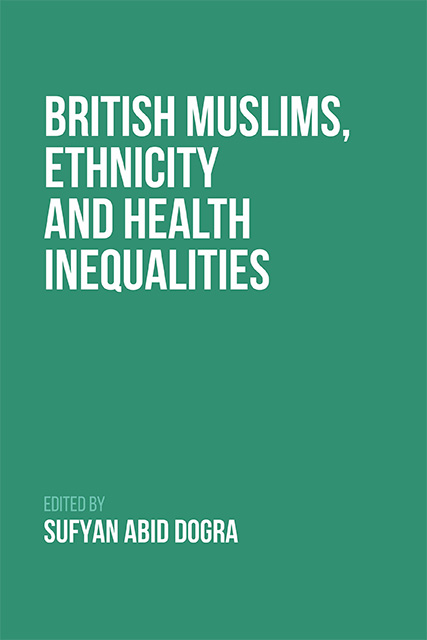14 - The Cultural Adaptation of Acceptance and Commitment Therapy for Pain Management Services
Published online by Cambridge University Press: 18 October 2023
Summary
Introduction
Research on the healthcare of Muslim families in the UK has shown them to have the poorest overall health profile in Britain, with Pakistani Muslims reporting lower psychosocial wellbeing and reduced ability to manage long-term conditions compared to other religious groups (Mir and Sheikh 2010). This trend appears to be perpetuated by the focus of professionals attributing health disparities to socioeconomic factors, a ‘community mindset’ and the patient’s lack of understanding of long-term conditions (Muslim Health Network 2004).
Moreover, discrimination and exclusion are also salient factors which may also have a role in maintaining health inequalities (Commission of British Muslims on Islamophobia 2004). A report by Public Health England (2018) states that the prevalence of racist discrimination directly impacts the health of minority groups. For Muslims, with the rise of Islamophobia there are further barriers to equitable health services.
The role of broader sociopolitical and economic factors is undoubtedly significant in creating and maintaining inequalities in health (Public Health England 2018). However, it is essential to recognise that the management of health and wellbeing is also impacted upon by cultural beliefs and illness perceptions which are often shaped by traditional and religious practices (Taheri 2008). Reduced access to services for Muslim patients has been attributed to poor communication and a lack of cultural sensitivity from healthcare staff who have little understanding of how culture and religion may help address inequalities more efficiently (Ikezi et al. 2015).
Mir and Sheikh (2010) contend that the stereotypical perceptions of Muslim patients held by professionals serve as a barrier to delivering equitable services. When addressing health disparities, much of the public health literature focuses on ethnicity rather than religion (Public Health England 2018). However, for many Muslims, religious identity may be more meaningful than ethnicity as the predominant UK Muslim population regard religion as their identity (Modood 2008).
For the Muslim community, Islam is ‘a complete way of life’ as taught in the Qur’an and the Sunnah (teachings of the Prophet Muhammad (PBUH) and therefore cannot be separated from culture. Thus, culture, language, religion and traditions are central to tackling the prevalent disparities in health and wellbeing in Muslim populations.
- Type
- Chapter
- Information
- British Muslims, Ethnicity and Health Inequalities , pp. 313 - 336Publisher: Edinburgh University PressPrint publication year: 2023



